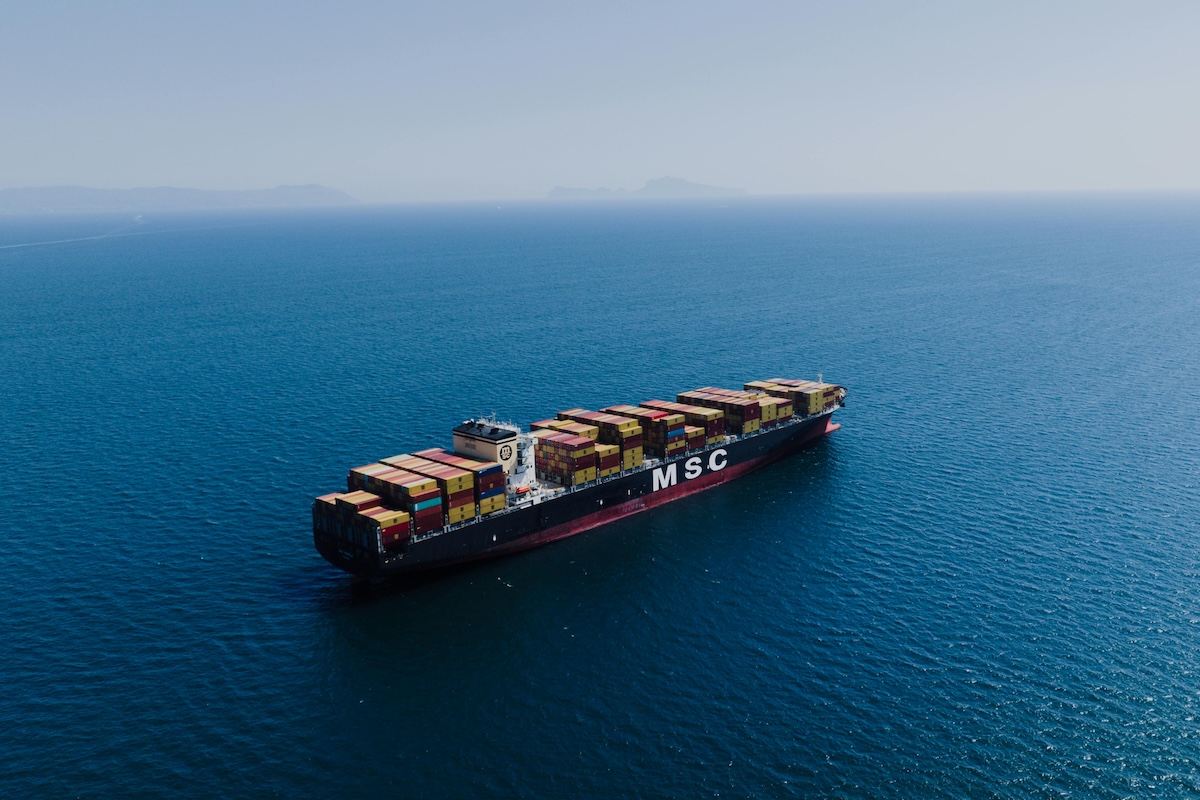Understanding Incoterms: The Foundation of Global Trade

Article Summary
Incoterms are internationally recognized rules that define the responsibilities, costs, and risks between buyers and sellers in global trade.
They provide a universal framework for trade agreements, reducing misunderstandings and disputes in international transactions.
Updates include replacing DAT with DPU, clarifying cost and security responsibilities, and allowing onboard bills of lading under FCA.
Incoterms are divided into two categories: rules for any mode of transport and rules for sea/inland waterway transport.
Incoterms do not address payment terms, ownership transfer, or liability for non-conforming goods or delayed delivery.
They simplify trade negotiations, clarify responsibilities, and ensure smoother transactions across borders.
Introduction
In today’s interconnected world, international trade is the backbone of the global economy. Yet, buying and selling goods across borders comes with complexities—different languages, currencies, laws, and logistics. To streamline these processes, the International Chamber of Commerce (ICC) developed a set of rules known as Incoterms (short for International Commercial Terms). First published in 1936 and updated periodically—the latest version being Incoterms 2020—these standardized terms clarify responsibilities between buyers and sellers in global trade transactions.
Whether you are a manufacturer, exporter, importer, or logistics professional, understanding Incoterms is essential. They not only reduce misunderstandings but also protect both parties by clearly defining who is responsible for costs, risks, and logistics at each stage of a transaction.
Key Details About Incoterms
1. Clarity on Responsibilities
Incoterms define the obligations of buyers and sellers regarding delivery, risk, and cost. For example, under FOB (Free on Board), the seller is responsible for transporting goods to the port and loading them onto the vessel. Once on board, responsibility shifts to the buyer. This clarity ensures both sides know exactly where risk transfers and who covers which expenses.
2. Global Standardization
Trade laws differ from country to country, but Incoterms create a universal language for global commerce. Whether you are negotiating with a partner in Germany, China, or Brazil, using Incoterms like CIF (Cost, Insurance, and Freight) or EXW (Ex Works) guarantees that everyone interprets responsibilities in the same way. This reduces disputes and streamlines negotiations.
3. Risk Allocation
One of the most valuable aspects of Incoterms is that they establish where the risk shifts from the seller to the buyer. For instance, under DAP (Delivered at Place), the seller bears responsibility until goods arrive at the buyer’s destination. Under FCA (Free Carrier), the transfer of risk occurs once the seller delivers goods to a designated carrier. Knowing when liability shifts helps companies manage insurance coverage and risk management strategies.
4. Support for Cost Management
By spelling out who pays for shipping, insurance, and customs clearance, Incoterms help companies forecast and manage costs more effectively. A buyer might choose DDP (Delivered Duty Paid) if they want the seller to handle customs and import duties. Conversely, a seller might prefer , where the buyer takes on all transportation and clearance expenses.
5. Updated for Modern Trade Practices
The latest Incoterms 2020 update included clarifications and changes to reflect modern trade realities. For example, the new rules emphasize and updated insurance requirements. They also provide flexibility on transport arrangements, acknowledging the increasing role of multimodal shipping.
Conclusion
Incoterms are more than just legal jargon—they are the backbone of efficient, predictable, and fair international trade. By defining responsibilities, risks, and costs, they provide a shared framework that allows buyers and sellers across the globe to do business confidently. Companies that understand and strategically use Incoterms can minimize disputes, reduce costs, and streamline their supply chains. In a fast-paced, high-stakes global market, that clarity can make all the difference.
Key Points
What are Incoterms, and why are they essential for global trade?
- Definition: Incoterms (International Commercial Terms) are standardized rules published by the International Chamber of Commerce (ICC) that define the responsibilities, costs, and risks between buyers and sellers in international trade.
- Importance: They create a universal language for trade agreements, reducing misunderstandings, disputes, and inefficiencies in global commerce.
What are the key updates in Incoterms® 2020?
- DAT Replaced by DPU: Delivered at Terminal (DAT) was renamed Delivered at Place Unloaded (DPU) to include delivery at any location, not just terminals.
- FCA Update: Allows buyers to request onboard bills of lading for containerized goods.
- Cost Clarity: All costs are now consolidated under a single section for each term.
- Insurance Changes: CIP now requires comprehensive insurance (Clause A), while CIF retains minimal insurance (Clause C).
- Security Obligations: Enhanced focus on transport-related security responsibilities.
How are Incoterms categorized, and what are the key terms?
- For Any Mode of Transport:
- EXW (Ex Works), FCA (Free Carrier), CPT (Carriage Paid To), CIP (Carriage and Insurance Paid To), DAP (Delivered at Place), DPU (Delivered at Place Unloaded), DDP (Delivered Duty Paid).
- For Sea/Inland Waterway Transport:
- FAS (Free Alongside Ship), FOB (Free on Board), CFR (Cost and Freight), CIF (Cost, Insurance, and Freight).
- Grouping: Terms are grouped into E, F, C, and D categories, with seller obligations increasing progressively from E to D.
What responsibilities and risks do Incoterms define?
- Seller Responsibilities: Include delivery, export clearance, and in some cases, insurance and transportation to the buyer’s location.
- Buyer Responsibilities: Include import clearance, duties, and transportation from the agreed delivery point.
- Risk Transfer: Incoterms specify when the risk of loss or damage shifts from the seller to the buyer (e.g., at the port, during transit, or upon delivery).
What do Incoterms not cover, and why is this important?
- Exclusions: Incoterms do not address payment terms, ownership/title transfer, liability for non-conforming goods, or dispute resolution.
- Importance: These gaps must be addressed in the broader sales contract to ensure a smooth transaction and avoid legal complications.
How do Incoterms benefit global trade?
- Standardization: They provide a consistent framework for trade agreements across different countries and legal systems.
- Clarity: Clearly define responsibilities, reducing disputes and misunderstandings.
- Efficiency: Simplify negotiations and streamline logistics, saving time and costs.
- Risk Management: Help businesses allocate and manage risks effectively, ensuring smoother transactions.










